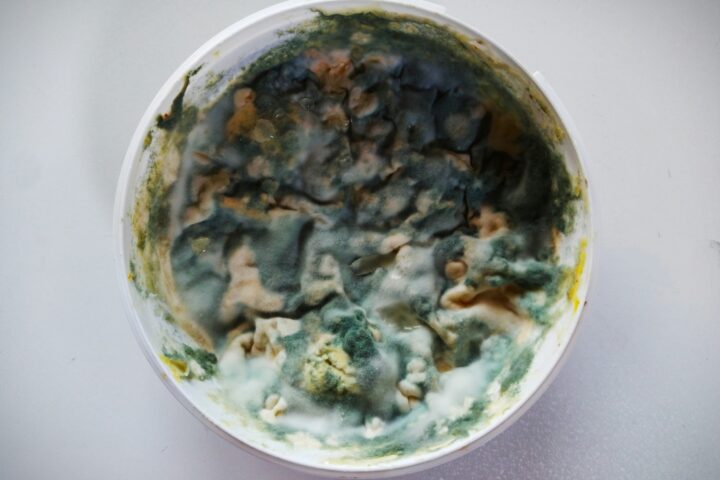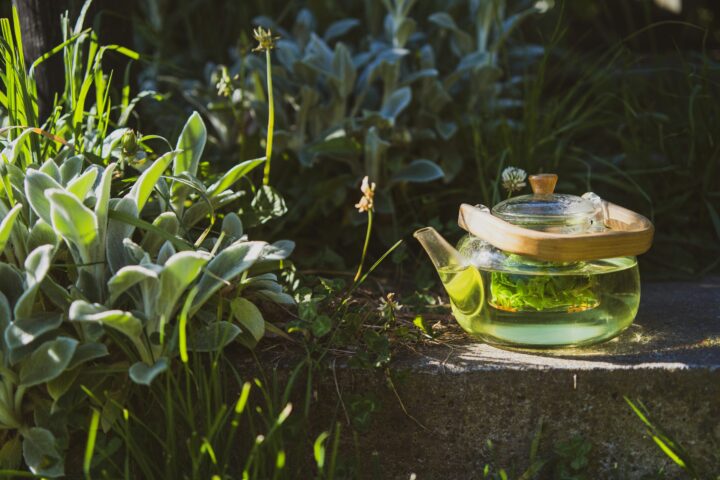
Sustainable nutrition with algae
The greatest challenge facing today's agriculture industry is to produce healthy foods that do not place undue stress on the planet. Algae could one day represent an important piece of the puzzle in food production. They are nutritious, space-saving and suitable as food for humans and animals.
Friday, November 12, 2021
According to the latest estimates by the United Nations, 9.7 billion people will be living on earth in 2050. Food production must keep pace with population growth. However, fertile land is scarce and should not be used for agriculture in order to preserve biodiversity and climate stability. In the future, we will therefore be dependent on food that does not grow directly out of the ground and is relatively space-saving. One example is algae - more precisely microalgae.
They are produced in bioreactors. Some of these systems have glass tubes several hundred kilometers in length in order to optimally capture the sunlight. However, there are also small facilities for local production. For example, production can also take place in the city, which is possible without further land use. Because the algae are rich in nutrients, they are ideal for consumption and as a component in dietary supplements. However, bio-plastics, medicinal agents against inflammation and infections with bacteria or viruses, and valuable cosmetic ingredients can also be produced using different types of algae.
Algae as animal feed
Algae could play an important role in nutrition indirectly as animal feed. One example is aquaculture - that is, the breeding of fish, mussels or crabs. They require feeds that are high in omega-3 fatty acids. The common practice is to feed them with fish meal. However, this is not resource-efficient. According to the FAO, approximately 19 percent of the fish caught in the wild are used for the production of fish meal or fish oil.
The production of algae oil from agricultural raw materials makes it unnecessary to process wild fish into feed meal and use it as feed for aquaculture. One ton of algae oil can replace over 60 tons of wild-caught fish. The MSC-certified algae oil from the company Veramaris – a joint venture between DSM and Evonik – can cover the feed requirements of close to 15 percent of global salmon and trout farming, thus replacing over one million tons of wild-caught fish every year that as a result do not have to be processed into fish meal.
Related articles

Global facts on world food and agriculture
Only thanks to technological progress and modern crop protection will we be able in the future to conserve our resources while feeding a growing population in a healthy and affordable way.

Pesticides in Green Smoothies
After countless recipes for Christmas cookies, festive roasts and cocktails, the advice on losing weight, detoxing and beautifying oneself now takes centre stage. Most of it is sheer nonsense.

Natural Toxins: An Underestimated Risk in Our Food
Safe food cannot be taken for granted. While chemical substances are often the focus of public criticism, reality shows that the greatest risks to food safety are of natural origin. Recent recalls of infant food products illustrate how insidious bacterial toxins or moulds can be.

Herbal Teas: Making You Sick Instead of Slim
Plant protection products are frequently the focus of public criticism. Far less attention is paid to the fact that natural ingredients in teas and dietary supplements are also biologically active and can pose health risks.

